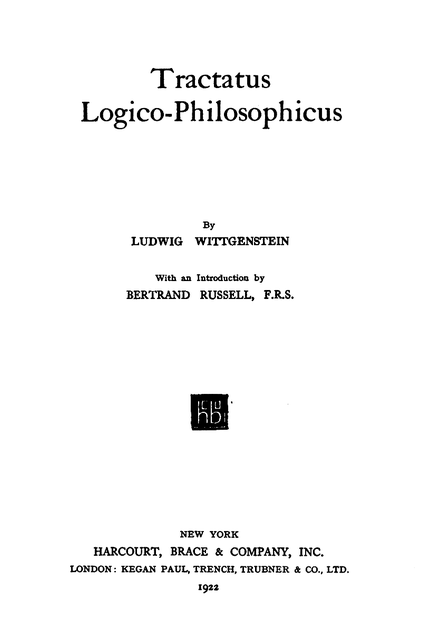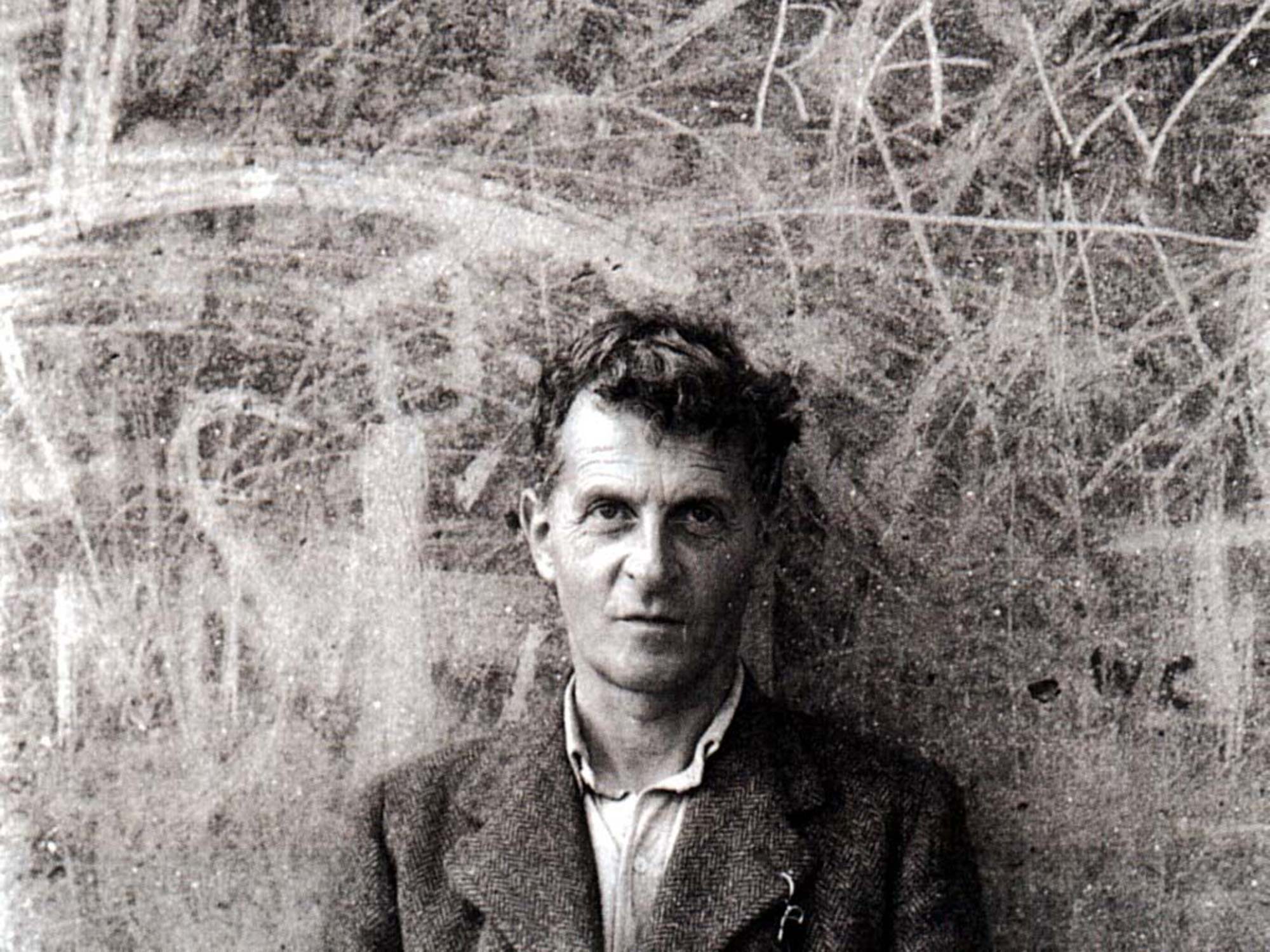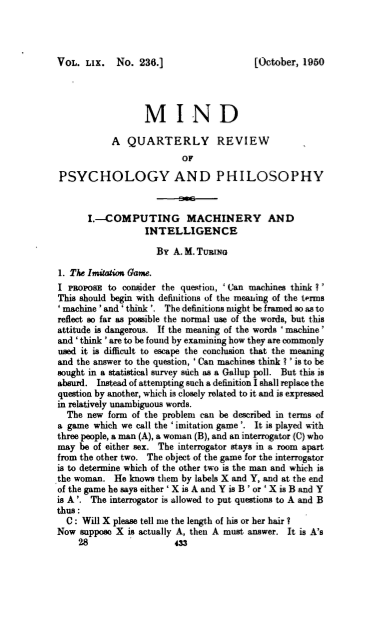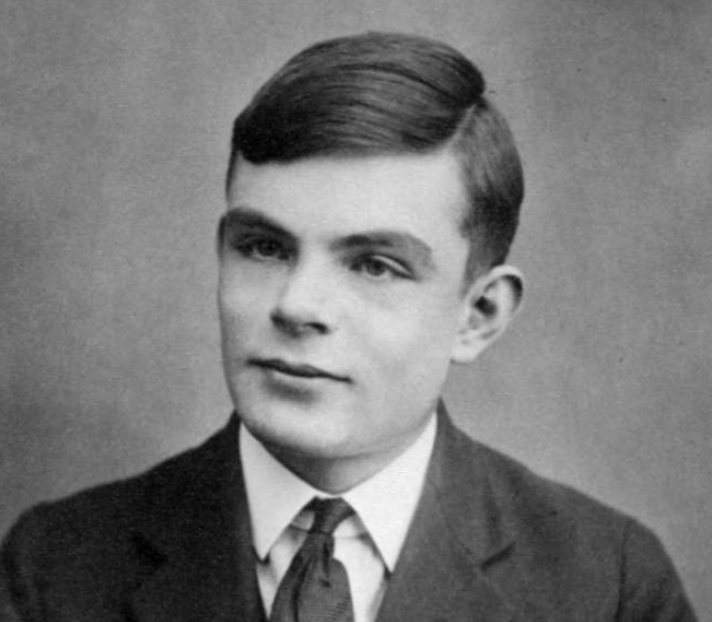Wittgenstein, whose lectures Turing attended at Cambridge in 1939, maintained that mathematics cannot be reduced to a set of formal rules and mathematical concepts must come from their application in real-world contexts.
Alan Turing
never forget
Growth
The Teacher's View
Mathematics is a logical method. . . . Mathematical propositions express no thoughts. In life it is never a mathematical proposition which we need, but we use mathematical propositions only in order to infer from propositions which do not belong to mathematics to others which equally do not belong to mathematics.
- Ludwig Wittgenstein, Charles Kay Ogden (1998). “Tractatus Logico-Philosophicus”, Courier Corporation

Wikipedia.

Ludwig Wittgenstein at Trinity College Cambridge, The Paris Review.
"With my full philosophical rucksack I can only climb slowly up the mountain of mathematics."
- Ludwig Wittgenstein, Culture and Value (1929)
Disagreement

Internet Archive.
Turing believed that mathematical concepts could be represented and manipulated using formal systems (such as a Turing machine). He argued that the truth or falsity of a mathematical statement could be determined by a machine using a set of rules rather than its context. These original concepts broke mathematical frontiers.
"Alan Turing did not seek to be a rebel, but the headmaster wrote that he was 'the sort of boy who is bound to be a problem for any school or community.' Throughout his life Alan Turing was seen more as a problem to society rather than as an asset."
- Andrew Hodges, Alan Turing: The Enigma

Alan Turing, Wikipedia.
Turing challenged the ideas of others and defied societal expectations. Despite facing criticism from those who saw him as a detrimental force, his unwavering dedication to innovation, experimentation, and exploration was unparalleled.